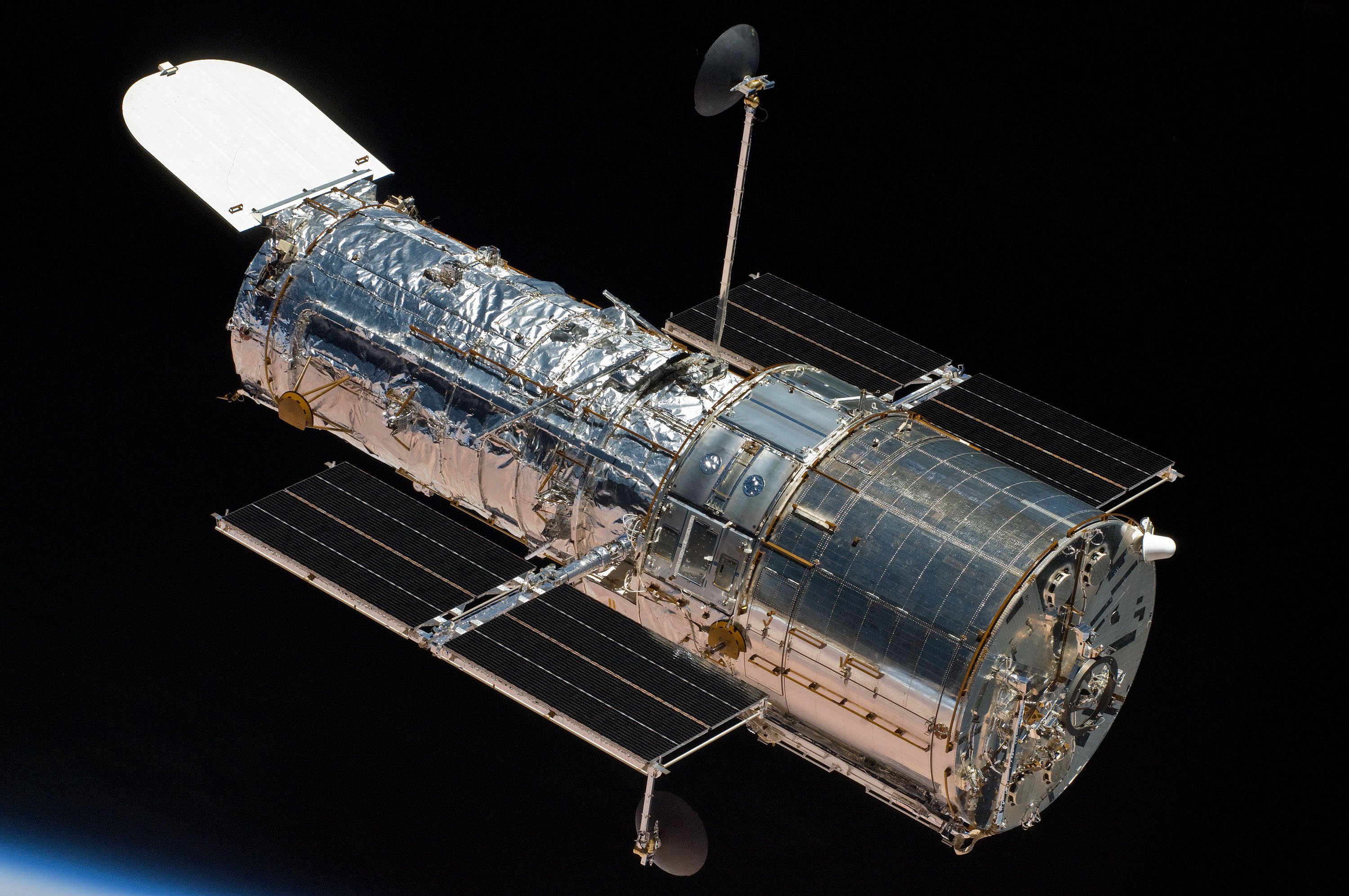Hubble Space Telescope Malfunction Won't Last Long, NASA Says
Worry rippled through the astronomical community this weekend as NASA announced that the Hubble Space Telescope was in safe mode — but NASA confirmed in a statement released yesterday (Oct. 8) that the agency expected the instrument to be back at work soon.
Hubble has been orbiting Earth since 1990, and in those decades, it has overhauled our knowledge of the universe around us. (It's also kept us fully stocked with astronomical eye candy.)
"Hubble's instruments still are fully operational and are expected to produce excellent science for years to come," the NASA statement reads.

The telescope went into safe mode because of a failure in one of the instrument's gyroscopes, which steer Hubble and ensure it can get a steady view of space. According to the NASA statement, the particular gyroscope that failed has been acting up for about a year.
"The gyro that failed had been exhibiting end-of-life behavior for approximately a year, and its failure was not unexpected; two other gyros of the same type had already failed," NASA officials said in the statement. "The remaining three gyros available for use are technically enhanced and therefore expected to have significantly longer operational lives."
Hubble has carried a total of six gyroscopes — three standard and three enhanced — since astronauts installed them during a spacewalk in 2009, typically using three at once. The dead gyroscope is the third standard one to fail.
But when the telescope's operators switched the instrument to running on all three enhanced gyroscopes, one wasn't working quite as well as it should have been. That's the error engineers are working to fix now, with the instrument in safe mode to allow them to run tests.
Get the Space.com Newsletter
Breaking space news, the latest updates on rocket launches, skywatching events and more!
Even if that particular gyroscope stays out of order, Hubble can get back to work — while it works best with three gyroscopes, the telescope can run on just one without losing too much scientific power.
Email Meghan Bartels at mbartels@space.com or follow her @meghanbartels. Follow us @Spacedotcom, Facebook and Google+. Original article on Space.com.
Join our Space Forums to keep talking space on the latest missions, night sky and more! And if you have a news tip, correction or comment, let us know at: community@space.com.

Meghan is a senior writer at Space.com and has more than five years' experience as a science journalist based in New York City. She joined Space.com in July 2018, with previous writing published in outlets including Newsweek and Audubon. Meghan earned an MA in science journalism from New York University and a BA in classics from Georgetown University, and in her free time she enjoys reading and visiting museums. Follow her on Twitter at @meghanbartels.









